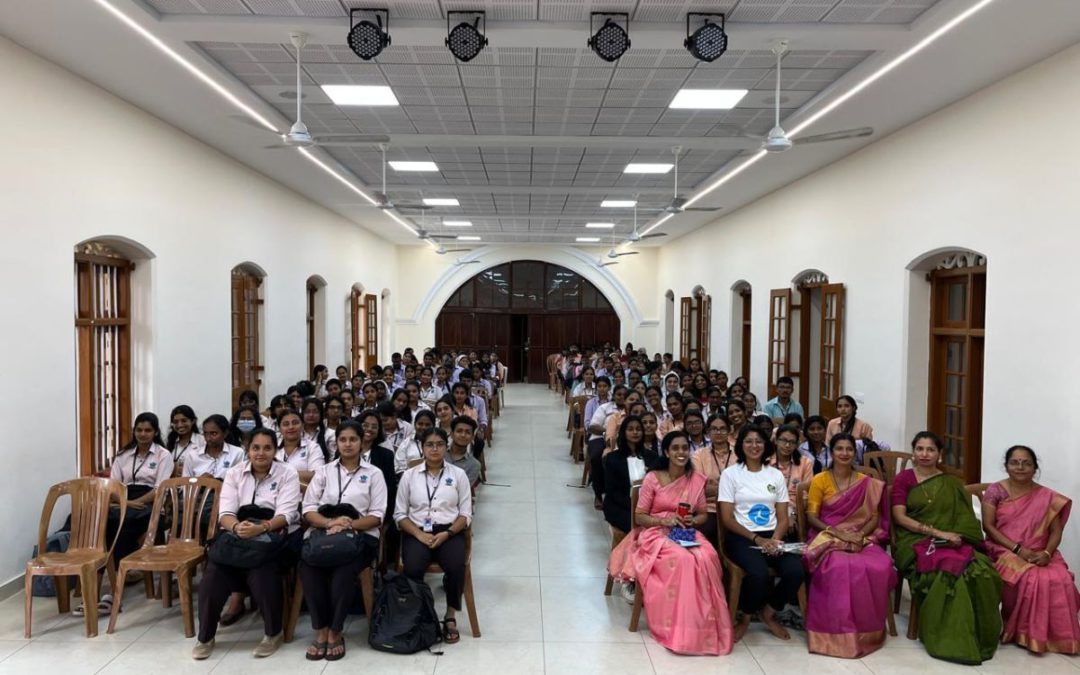The Role of Language in Psychology
Ms Disharag Shetty provided a comprehensive overview of the role of language in psychology. She discussed how language shapes our thoughts, emotions, and perceptions of reality. Key points covered included:
- Cognitive Framing: Language can influence how we interpret and understand events, affecting our emotional responses.
- Self-Talk: The internal dialogue we engage in can significantly impact our self-esteem, motivation, and overall well-being.
- Therapeutic Language: Psychologists employ specific language techniques to facilitate therapeutic processes, such as active listening, open-ended questions, and reframing.
The Power of Yoga for Mental Health
Ms Rachana Ruthu discussed the physical and mental benefits of yoga and meditation through a practical session which included:
- Stress Reduction: Yoga practices, such as deep breathing and meditation, can help manage stress and anxiety.
- Mind-Body Connection: Yoga fosters a greater awareness of the mind-body connection, promoting overall well-being.
- Emotional Regulation: Yoga can enhance emotional regulation and resilience.
Conclusion
This Guest Lecture provided valuable insights into the power of language and yoga in promoting mental health. The guest lecturers highlighted the interconnectedness of these two approaches and emphasized the importance of a holistic approach to addressing psychological well-being. By understanding the role of language and incorporating complementary practices like yoga, individuals can take proactive steps to enhance their mental health.










